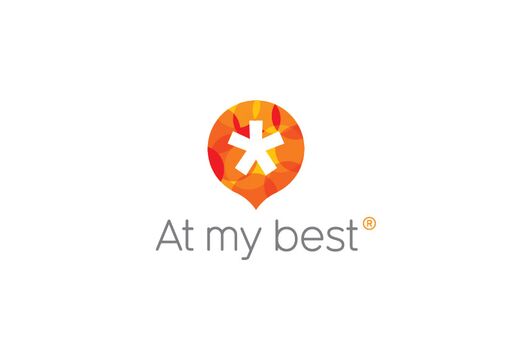Francesca Foster takes a look at the value of narrative strengths-based feedback.
Taking time to reflect on what your strengths are helps you to understand who you are when you’re at your best. In a world of flux and ambiguities, your natural strengths are a constant and something you can rely on. Your strengths are also where you add most value to your organisation. Being able to identify your own strengths boosts self-esteem and helps you actualise your potential. This, in turn, can help enhance your performance at work. Your strengths are what you will take with you from job to job, so, knowing your strengths and others knowing your strengths is really important.
It’s not easy, though. Many people feel uncomfortable when asked about their strengths. Some even find it easier to talk about their weaknesses. Others are too humble, and some are genuinely unsure about what their strengths are. Perhaps they have a vague idea, but cannot pinpoint exact adjectives. Reflecting on strengths often doesn’t come naturally: it can be really useful to have help and support when trying to identify them.
We talk a lot about the value of having a narrative-focus when identifying strengths. Actively encouraging people to reflect and develop their own stories around their strengths helps individuals see how they intuitively use their strengths every day. Having a strong narrative-focus also helps people to own their strengths, because they’ve thought about and engaged with their own personal experiences which showcase their strengths. This process helps people think about how they can consciously use and apply their strengths going forwards.
Getting feedback from peers is also really useful and similarly builds on this narrative approach. Asking colleagues, for instance, what strengths of yours they’ve noticed and the impact which these strengths have, can deepen your understanding of your strengths. Often, we have strengths ‘blind spots’ – we take our strengths for granted, or see them as ‘normal’ traits; yet others are able to point out our strengths and tell us about our strengths.
Randomly asking for feedback about strengths can be tricky, however, so there are various feedback tools which are designed to help people to build their narrative. Some of our favourites are the Reflected Best Self and our At My Best 360 feedback tool, both of which encourage and facilitate conversations about strengths. They are not prescriptive – there’s no right or wrong, no questionnaire: they instead offer room for creativity and flexibility. Research has shown that better awareness and use of strengths is associated with a wide range of positive outcomes, including confidence, engagement, resilience and goal attainment. In our experience one of the simplest and most effective ways of raising strengths awareness and achieve these positive outcomes is to find out from those who know you well how you use your strengths to best effect.
